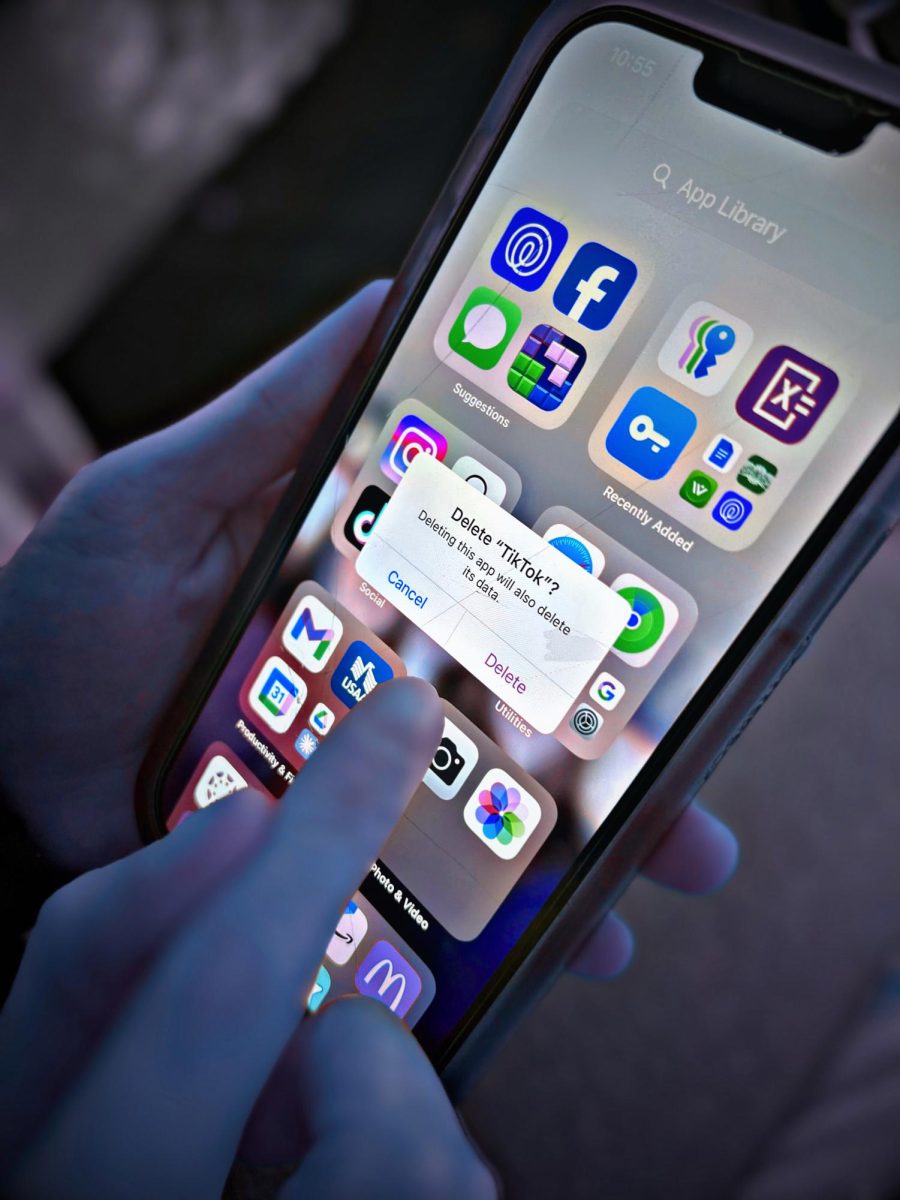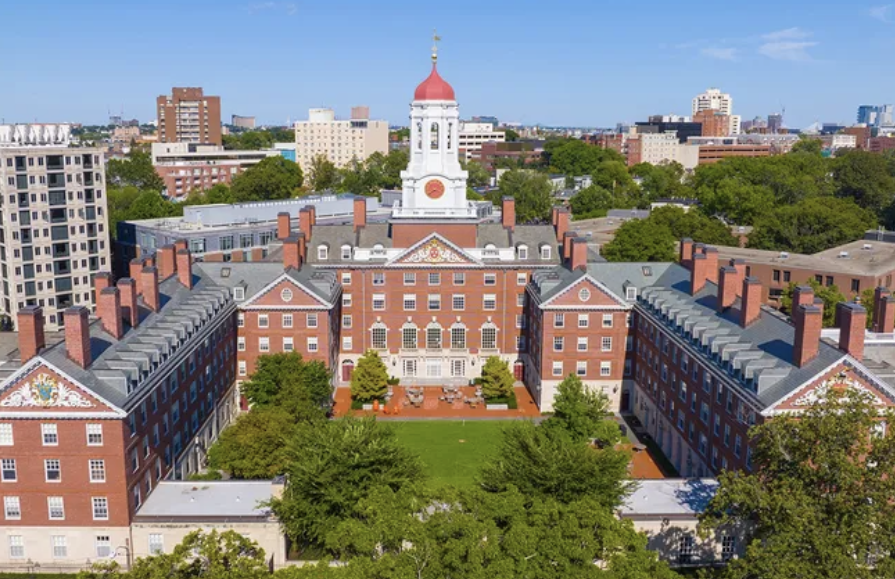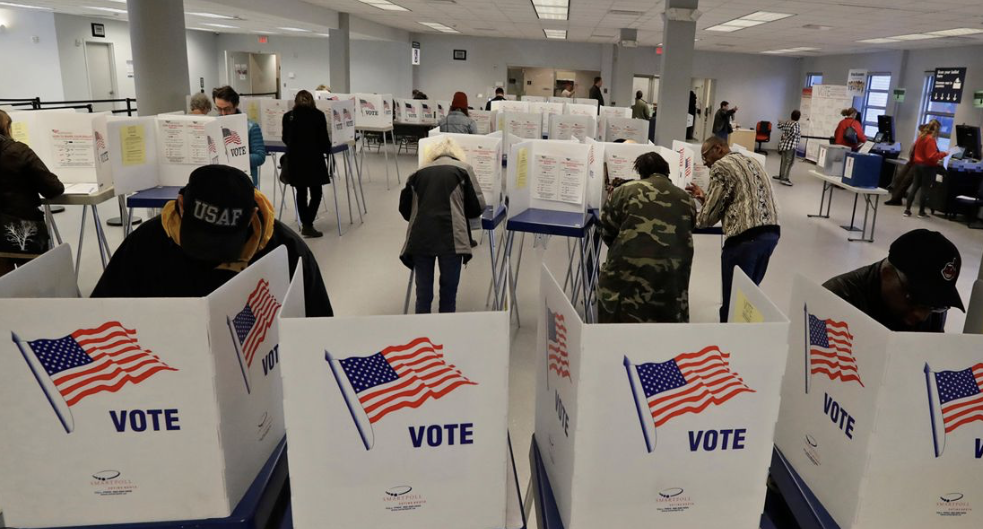For years, Flower Mound High School has been home to a diverse array of extracurriculars, each offering students opportunities to explore their interests and hone their skills. Often, we hear about the outstanding achievements of Flower Mound sports, however, alongside our vibrant athletics programs, other student organizations such as Flower Mound Robotics have made their mark. In fact, Flower Mound Robotics holds the number one rank in the United States. Senior Aneesh Depa, a Flower Mound Robotics team member, knew from a young age that robotics was something that interested him.
“For me specifically, McKamy [Middle School] had their own robotics program, so that’s when I first got into it,” Depa said. “But then Flower Mound High School does a bunch of summer camps, and as an incoming freshman, I went to one of those, got introduced to the program there, then eventually signed up myself.”
Since joining robotics as a freshman, Depa has found that there are necessary sectors in the team to keep it well-oiled and functioning. Depa’s team, Team 12791, has several specialized subdivisions, each of which dedicates itself to a different aspect of the organization’s operation.
“We have our outreach, which is like our marketing business, kind of like setting up events where we spread stem, spread the program, hopefully get more people involved. Then we have our build team, design team, and our programming team,” Depa explained. “I kind of reside more in the build and outreach portion, so I’ll be volunteering a lot, [and] I help build the robots and whatnot.”
Flower Mound Robotics primarily competes in the FIRST (For Inspiration and Recognition of Science and Technology) Tech Challenge, a competition that Depa describes to be for grades 7-12 that involves designing, building, programming, and operating an 18”x18”x18” robot to compete on a 12-foot-square playing field in an alliance format.
“The overall theme of it is relatively the same,” Depa said. “You build robots to compete. And so, each year [and] for each different competition, there’s a set of rules that are given out and a game with different challenges, different rules, [and] how to score points.”
Not only are the competition’s results dependent on the functionality of the robot itself, but also the success of each team’s outreach throughout the process.
“So you have the robot side, you build robots and then you compete in that game,” Depa said. “The other side has to do with outreach and spreading the program itself because there are different awards that you get for how well you spread the program.”
When a team’s robot and outreach are deemed the best in the competition, they are given the INSPIRE award, an honor that goes above even first, second, and third place. Depa and Team 12791 received the INSPIRE award last season at the World Championship, after advancing through local, regional, and state competitions.
“Essentially that’s the highest if you win that award–that’s over anything else,” Depa said. “Even if you win the Robot Game, the [INSPIRE] award encompasses more.”
For Depa, a senior taking advanced classes such as AP Calculus and AP Physics, robotics has proven to be very demanding, even outside the eight-hour school day. In late September, Team 12791, alongside robotics students from over 190 countries, represented the United States at this year’s FIRST Global Challenge in Athens, Greece. Depa recalls hours upon hours of preparation for the competition, even during summer break.
“Especially the days going into Greece–those were normally during summer–we’d work a lot later weekends,” Depa said. “We’d spend like, sometimes eight hours each day, just there in the morning, just working inside, just getting stuff done, and then eventually go home, [and] get homework done. But yeah, it’s just a lot of time. In my past couple years, we sometimes had to pull like, 30-hour weeks just to get stuff working.”
In Greece, Depa and Team 12791 had the opportunity to work with other robotics teams from around the world. At the FIRST Global Challenge playoffs, Team 12791 collaborated with Sri Lanka and Mexico for a 3v3 competition against other allied countries.
“When [the] top 24 teams make playoffs, your alliances are predetermined based on your seedings. When we got into playoffs, we were with Sri Lanka and Mexico,” Depa said. “I think that my most memorable moment was just competing with them, even though it didn’t go like that, great, we still, I believe, had the best alliance. More than anything, it was just really fun hanging around people from different countries that do the exact same stuff we do.”
Alongside the good that Depa has experienced thanks to Robotics– traveling to Greece, meeting international students, and dominating competitions– there have been challenges.
“We’re especially a small team, comparatively to other teams you’ll see have like 15 members. We really only have like seven,” Depa explained. “A lot of our challenges are just time management and collaboration– those are the most difficult parts.”
Robotics has taught Depa valuable life lessons and skills, which he applies to his everyday life. The program is not just an extracurricular for him, it’s a close-knit community where he can explore and nurture his passion for robotics.
“Robotics is more than just a technical thing,” Depa said. “The more I’ve come to do it, the more I’ve realized you have to collaborate. You have to learn how to work with a team. You have to work on how to manage time. And more than that, it’s communication. I think my favorite part about it is just the people. It’s the people that make the program.”
So, what’s next for Depa and 12791? As the next season of robotics competitions fast approaches, Depa and his fellow team members are preparing for the next FIRST Tech Challenge.
“Now that we’ve gotten FIRST Global out of the way, we have another season, the FIRST Tech Challenge,” Depa said. “We’re obviously taking the rest, getting our schoolwork caught up, but starting to focus more on the new season that’s up to come.”





